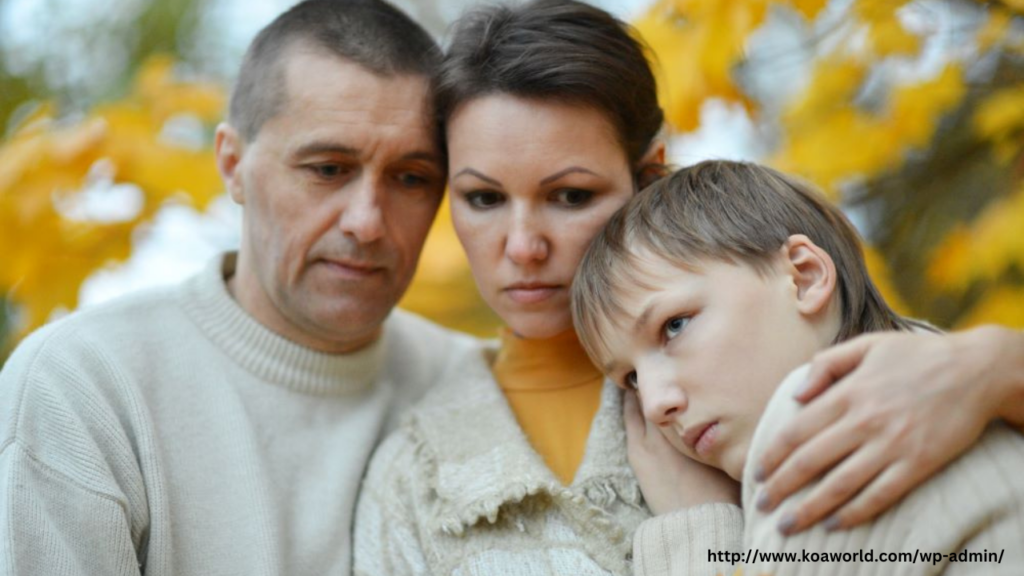
Addiction is not just an individual struggle; it has widespread consequences that impact families, communities, and society as a whole. The effects of substance use disorders ripple outward, creating emotional, financial, and social burdens that extend far beyond the person experiencing addiction. By understanding these impacts, we can foster compassion, support effective interventions, and work toward stronger communities.
The Impact on Families
Families are often the first to feel the devastating effects of addiction. When a loved one struggles with substance abuse, relationships suffer, and trust can be eroded. Parents may struggle with the emotional pain of watching their child fall into addiction, while children in households affected by substance abuse often experience neglect, instability, and emotional trauma.
Spouses and partners may bear the brunt of financial strain, emotional distress, and, in some cases, domestic violence linked to addiction. Codependency can develop, where family members unintentionally enable addictive behaviors, making it even harder for the person struggling with addiction to seek help.
The long-term effects on children raised in households with addiction are particularly concerning. Studies show that children of addicts are more likely to develop substance use disorders themselves, creating a generational cycle of addiction that is difficult to break.
Community Consequences
Communities also experience significant consequences as addiction rates rise. Substance abuse contributes to higher crime rates, including theft, drug-related violence, and impaired driving incidents. Law enforcement agencies and the healthcare system are often overwhelmed by the costs of treating overdoses, addressing mental health crises, and managing addiction-related criminal activities.
Workplaces are not immune to the impact of addiction either. Substance use can lead to decreased productivity, higher absenteeism, and workplace accidents. Employers may struggle to maintain a stable workforce, and businesses may incur additional costs related to healthcare and safety measures.
Homelessness is another societal issue closely linked to addiction. Many individuals experiencing homelessness struggle with substance use disorders, and without adequate resources for rehabilitation, the cycle of addiction and instability continues. Public health systems are stretched thin as they attempt to address the overlapping issues of addiction, mental health, and socioeconomic instability.
Breaking the Cycle
While addiction poses significant challenges, communities can work together to create solutions that support recovery and prevention. Access to quality treatment centers, harm reduction strategies, and mental health services can help individuals struggling with addiction find the support they need. Families benefit from counseling and education programs that teach coping strategies and help break the cycle of addiction.
Community initiatives such as support groups, job training programs, and housing assistance can provide stability for those in recovery. Lawmakers and healthcare professionals must collaborate to implement policies that prioritize rehabilitation over punishment, ensuring that individuals with substance use disorders receive the care they need.
Conclusion
Addiction does not exist in isolation—it affects everyone. By addressing its impact on families and communities, we can build a society that values prevention, recovery, and support. Through education, compassion, and effective policies, we can mitigate the ripple effects of addiction and foster stronger, healthier communities for future generations.

